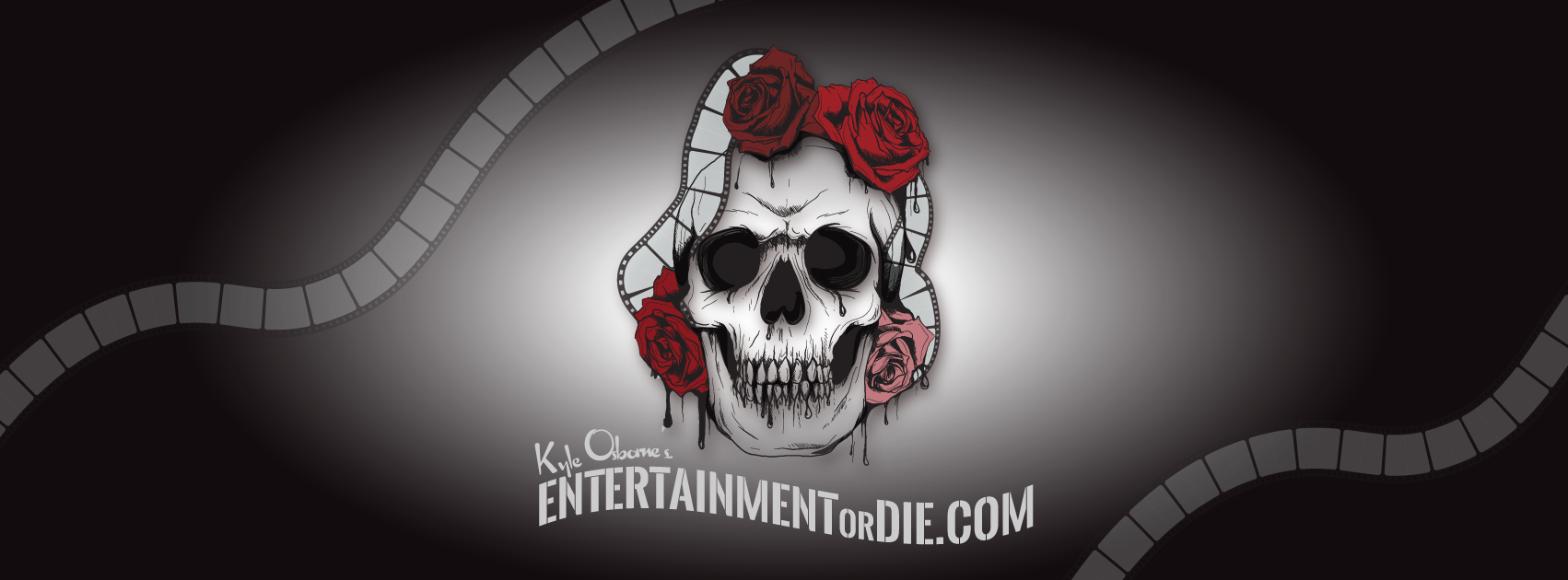“Straw Dogs” hits the ground running—winding up the audience from the first minute–turning the crank tighter and tighter and tighter until the cable snaps and all hell breaks loose in a climax of violence and vengeance. Cool.
James Marsden and Kate Bosworth play a married couple who move from Hollywood back to her hometown, in the heart of Redneckland, Mississippi ( I think the actual name was “Blackwater”?). He’s a screenwriter and she’s a mid-level TV actress, but they may as well be Ken and Barbie, cruising into town in their vintage Jaguar. The idea is that they’ll move into a quiet country home on the edge of town where he can write in peace, but they don’t even get one night of solitude before the sh#t starts.
One of their first stops is at the local watering hole, a bar that reeks of hate and disappointment. Just as they sit down for a drink, her ex-boyfriend, played with exquisite sliminess by Alexander Skarsgard, stops by to kindly welcome them to town, but it’s immediately clear to everyone, except the couple, that this guy is trouble. Of course that doesn’t keep them from hiring him and his crew to do some roofing work for them. Big mistake…huge.
From this point on, director Rod Lurie ramps up the tension, and he smartly makes the villain smarter, more handsome and charismatic than just a toothless hillbilly out of “Deliverance”( though Skarsgard’s buddies are cut more obviously from that Confederate cloth). Blasting Molly Hatchet from a boom box, the “roofers” start the harassment in small ways, and as things descend, we realize that Marsden’s character is going to have to deal with his manhood being called into question and, the worst nightmare of all, his home being invaded.
A parallel storyline involves a hateful football coach’s obsession with a mentally disabled man. There are plot spoilers here that shouldn’t be specified, but this coach character, as embodied by James Woods (who we don’t see as often anymore-shame) is a man so filled with rage that he is as scary as any horror film villain. The character represents the Red State intolerance of those who go to church on Sunday, and threaten those you don’t do the same, unaware of the irony. It’s a great performance by Woods, in a film that has no weak links in the acting category.
Back to the house: Things are headed for a cathartic denouement, but not until Bosworth’s character endures a horrifying rape and Marsden is pushed to his final limit. When the shit finally hits the fan, the audience is given sweet relief from the tension that has simmered to a boil.
Not to be too touchy feely, but we go to the movies to feel something—sometimes that means laughing or crying or feeling the high of being in love, vicariously through the characters. And sometimes, well, that means feeling the visceral rush of a bully getting his comeuppance. Director Rod Lurie’s tight, unfussy re-make of the 1971 original pushes all the right buttons.
Oh, how rewarding it is for us to say (hopefully not out loud in the theater) “Take that, Motherf#cker!”


Pingback: posicionamiento web Valencia
Pingback: internetradio